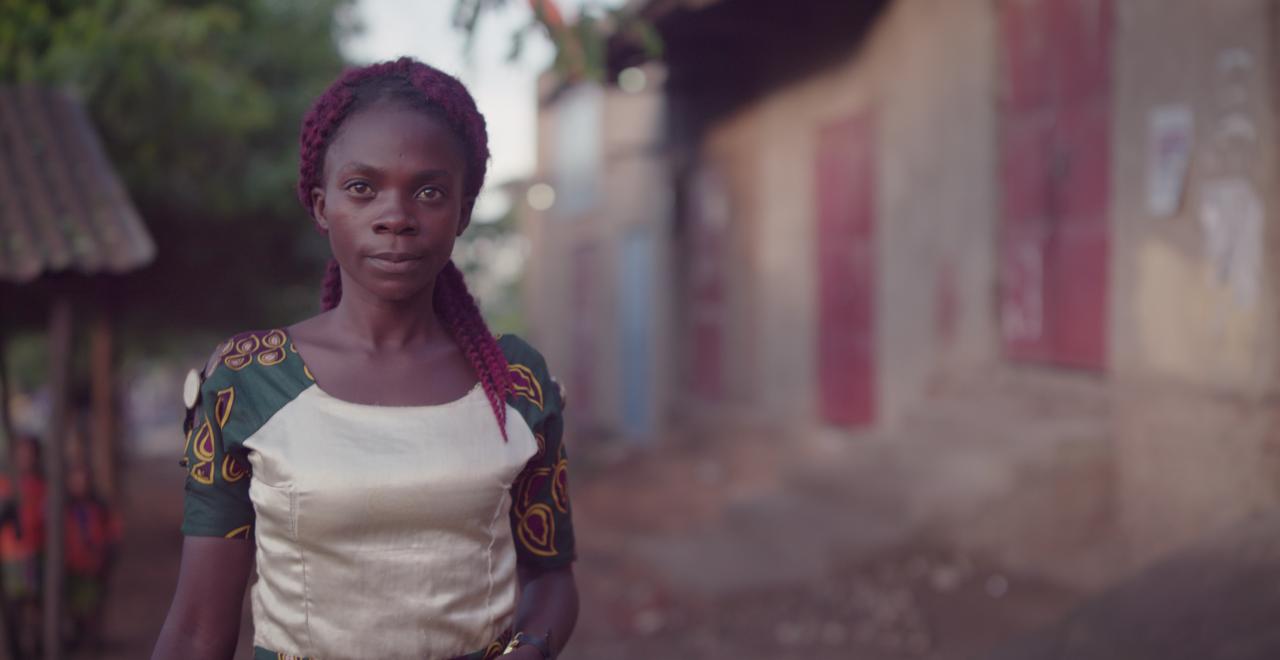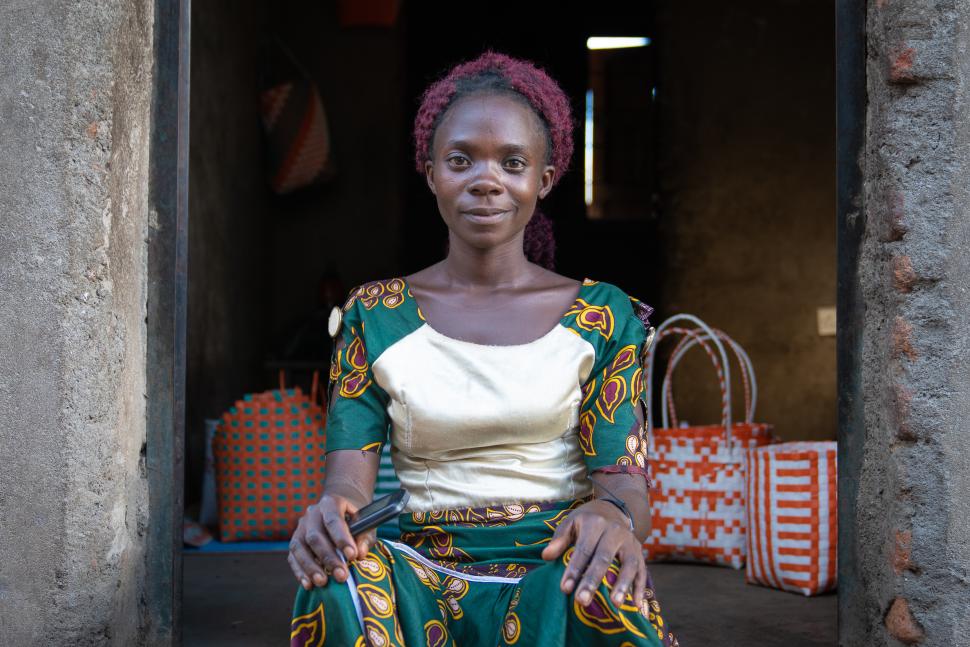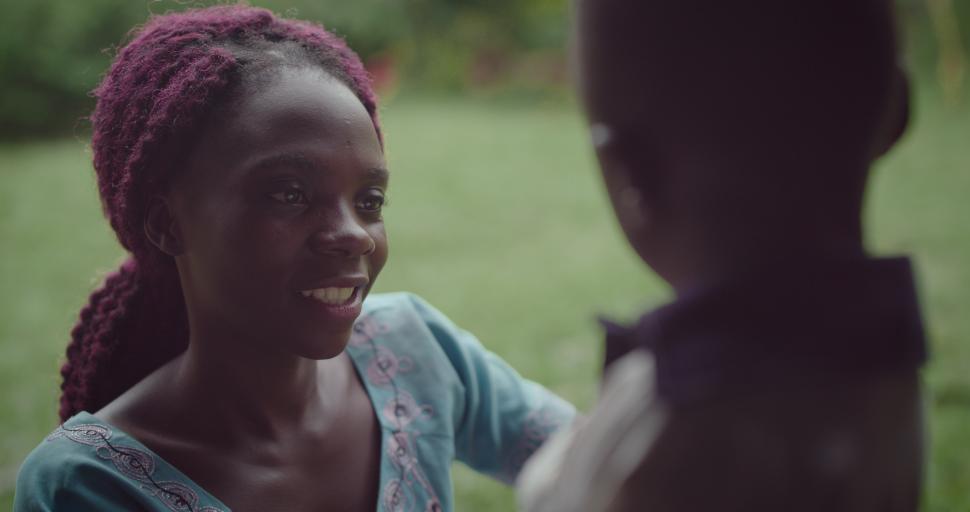
A brighter future: Marcyline
KASESE DISTRICT, Uganda – When Marcyline realized she was pregnant, she felt powerless and scared.
At that moment, “I lost my future,” she says.
The then 16-year-old was attending school and looked forward to becoming a teacher when she grew up. That all changed when Marcyline was raped by a male friend who had promised to help her.
“He had offered to pay for my schoolbooks, but when I came to collect, he raped me,” she says.
At least one in three women and girls around the world will experience physical or sexual violence in her lifetime. UN data suggests that in Uganda, this number is as high as 95 per cent.
Not only was Marcyline assaulted by someone she trusted, but she lost her dream of becoming a teacher.
“I was expelled from school, since they didn’t allow pregnant girls to attend,” she says.
“We can’t keep quiet about violence”
Throughout her pregnancy, Marcyline worried about how she’d support herself and the baby.
After her daughter was born, Marcyline began digging land for neighbours in exchange for some money, but the job was gruelling and she never earned enough to cover basic household necessities.
A neighbour who was a parasocial worker noticed that she was struggling and told her about a programme to financially empower survivors of gender-based violence through livelihood training and life skills.
Marcyline jumped at the opportunity. “I wanted to get out of that situation and better myself,” she says, “I wanted to have my own business.”
"I don’t want anyone else to experience what I went through" - Marcyline, survivor
Marcyline completed livelihood training with support from Spotlight Initiative through UNICEF, the United Nations Children’s Fund. This training equips survivors of violence with the skills to earn an independent income, as financial insecurity can force women and girls to remain reliant upon their abusers and increases their vulnerability to future violence.
Marcyline chose to learn basket- and shoe-making, but she also learned how to run a business and gained knowledge about women’s human rights, laws around gender-based violence and how to support others to report violence.
“I don’t want anyone else to experience what I went through,” says Marcyline. “We can’t keep quiet when violence happens. [We learned] how to report gender-based violence and rape, and how to share what I’ve learned [with other women].”
“When I see another girl that has the same kinds of problems as I was facing, I reach out to her and meet with her.”
Today Marcyline supports herself and her daughter with the income from her basket shop. She’s even used some of her savings to diversify her business.
“Nowadays, I manage to pay for [my daughter’s] school fees, medical care, clothes and I’m starting some projects like buying chickens.
“I can now look after my daughter and give her the education I was robbed of. Our future looks brighter.”
Since 2019, Spotlight Initiative has supported the long-term recovery of almost a million women and girl survivors of violence in Uganda. This includes access to essential services like health care, counselling, legal aid and sustainable livelihoods training.
The Initiative also supported the Forum for African Women Educationalists (FAWE) Uganda to advocate for an end to discriminatory policies that prevent pregnant women and girls from exercising their right to an education.
A comprehensive approach
Spotlight Initiative aims to eliminate violence against women and girls through comprehensive programming that addresses all key drivers of violence. It promotes laws and policies that prevent violence, strengthens institutions, promotes gender-equitable social norms, strengthens women’s movements and provides essential services to survivors of violence.
The global Spotlight Initiative to eliminate violence against women and girls is a United Nations high-impact initiative in partnership with the European Union and other partners. In Uganda, it is implemented by the Government of Uganda, the European Union, UN Women, UNFPA, UNICEF, UNDP and UNHCR in partnership with OHCHR, IOM, Pulse Lab and civil society. Since 2019, almost 900 people in Uganda have completed training on how to assist women and girls experiencing violence with support from Spotlight Initiative.


